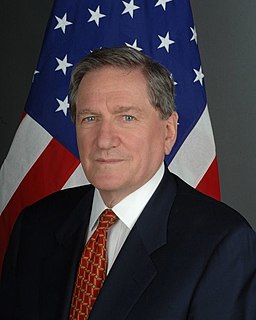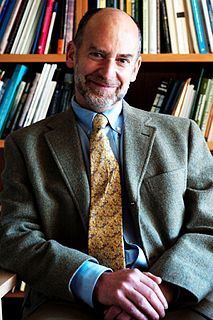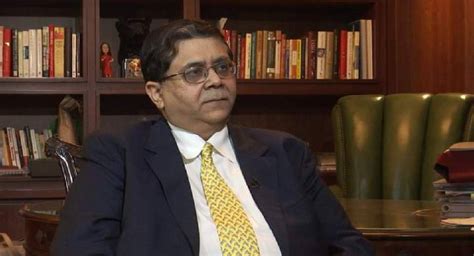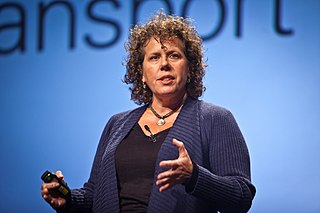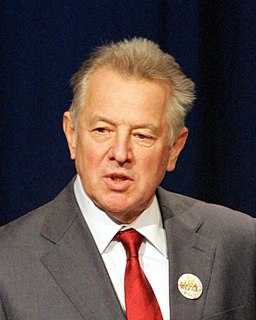A Quote by Charles Landry
As far as population size goes, big is no longer important, and it can even be a drawback. In fact, the future belongs more to second-tier cities. Any place can become a world-class center today by finding an area in which it outperforms others, by thinking for the long term, by expanding its competitive abilities and by operating globally.
Related Quotes
There are really at least two Indias, there is an India or a shining India the one which the west seas usually through urbanize and there is an India outside some of the big metro policies and in even the tier two cities and in rural India which is completely different. It goes by the name of Bahar which is a traditional name for India.
The truth is that Trout, like Vonnegut and Ray Bradbury and many others, writes parables. These are set in frames which have become called, for no good reason, science fiction. A better generic term would be 'future fairy tales'. And even this is objectionable, since many science fiction stories take place in the present or the past, far and near.
The universe is expanding, and every second that you're alive, the universe is bigger than it was a second before. There's nothing in front of us, exactly, other than the future, and there's no space for the size, the density of the universe to go. Because it's expanding at every point simultaneously.
Fifty percent of the world's population lives in cities. In a couple of decades, 70 percent of the world's population will be living in cities. Cities are where the problem is. Cities are where the solution is, where creativity exists to address the challenges and where they have most impact. This is why, in 2005, the C40 was founded, an organization of cities that address climate change. It started with 18 cities; now it's 91. Cities simply are the key to saving the planet.
The Hoh Valley is an incredibly secure area. Any event occurs around us, we will instantly become informed of that event. This can even happen at a distance. When the body recognizes that you have a very large listening area, and you're getting all the information, the body relaxes. You can breathe more gently, the cortisol levels that are created by stress in our bloodstream dissipate, and we actually become healthier. And as a result, if we are actually fortunate enough to live in a place like that, we will live longer.


